EMC World 2011: Q&A, Adrian McDonald, president of EMEA North
In his first interview with the UK press since his promotion, Adrian McDonald, who head up EMC's interests in EMEA (Europe, the Middle East and Africa) North, hints at plans for the Silicon Roundabout as well as new directions for the company.


You have been with EMC since 1988. How have you seen the company change over the past 20-plus years?
I have been asked that question in a number of different ways over the years and the way I prefer to answer it is if you go back to 1988, there was a different set of companies trying to make a difference in the market.
Many of those companies aren't here anymore. Ones that spring to mind are Wang, Prime, DEC. Many of those companies were fine companies, [with] great people, [who] did great stuff, and they did one thing once somewhat well, ultimately.
I'd say that the big attribute that EMC has is the ability to change. If you look at what were the key things for us at the company I joined it had 700 people globally and a $125 million (76 million) turnover. We ended up being the fastest growing IT company of any type in the 1990s. We got it from $125 million to $8.9 billion by the end of the century.
It has worked out well. The market has always come to us with the full knowledge that we will really help them from an intellectual capital point of view.
Number one we were in the right market. The whole thing around information and, as it turned out, information management became really key themes. Thankfully for us we have always had a vision, or an opinion, on where the market was going and we always tried to be the first to that new market and help our customers from where they were to hopefully where they needed to be.
It has worked out well. The market has always come to us with the full knowledge that we will really help them from an intellectual capital point of view and we have always had capability. The products have always been the best on the market at any point in time and those things have stayed the same.
Get the ITPro daily newsletter
Sign up today and you will receive a free copy of our Future Focus 2025 report - the leading guidance on AI, cybersecurity and other IT challenges as per 700+ senior executives
Then, Joe [Tucci] joined us in 2000 and clearly his vision and his skill around acquisitions and really picking technologies even further ahead of where we were [made a difference].
We used to be a company defined by storage. Then, I would say between 2000 and 2009, we were defined by the information layer, which is basically storage-plus. There is no point in having information stored without business continuance, compliance, security, content management, those types of things.
What about now?
Nowadays we really define ourselves around cloud and then around the datacentre opportunity. The market we are in, even in the last 18 months/two years, has grown by a factor of five and our relevance to our customers is fundamentally larger, wider [and] deeper. But [also] more strategic. Thankfully for us, a great deal of intellectual capital and a great deal of the money in cloud has moved towards cloud enabled infrastructure a subject we are the home of.
What has changed over the time? We have changed constantly. I would say there have been five or six generations of the company over that time. We have changed, to some degree, culturally. You try and keep the best of your culture but we have changed in a number of key ways. Some of the key attributes like how we treat customers [has stayed the same].
Jennifer Scott is a former freelance journalist and currently political reporter for Sky News. She has a varied writing history, having started her career at Dennis Publishing, working in various roles across its business technology titles, including ITPro. Jennifer has specialised in a number of areas over the years and has produced a wealth of content for ITPro, focusing largely on data storage, networking, cloud computing, and telecommunications.
Most recently Jennifer has turned her skills to the political sphere and broadcast journalism, where she has worked for the BBC as a political reporter, before moving to Sky News.
-
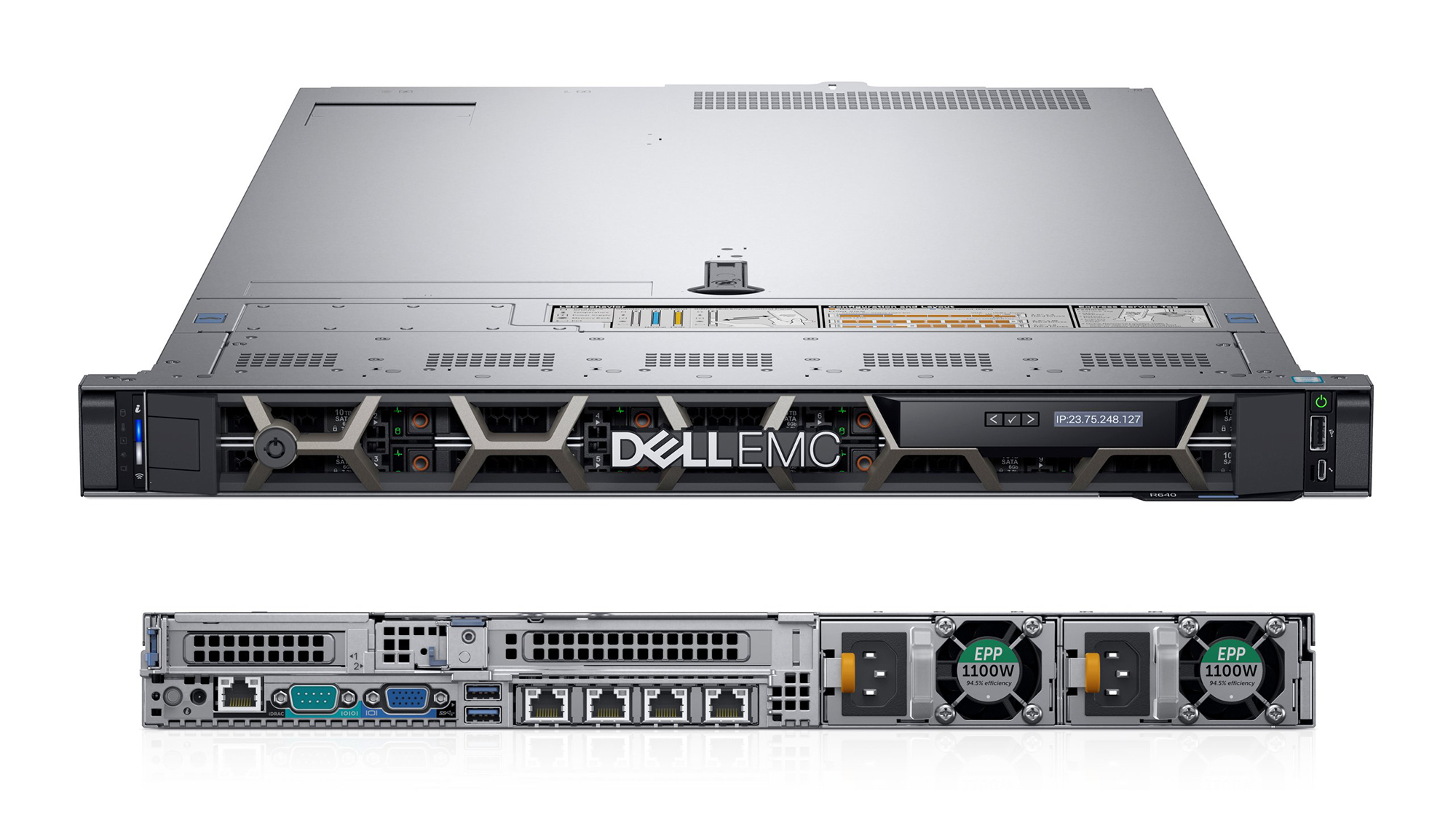
 Dell EMC PowerEdge R640 review
Dell EMC PowerEdge R640 reviewReviews A versatile, low-profile Xeon Scalable rack server with a big heart
By Dave Mitchell
-
 Businesses must pay greater attention to third-party risk
Businesses must pay greater attention to third-party riskNews Roles and responsibilities must be agreed on now to avoid blindspots and recriminations
By Jane McCallion
-
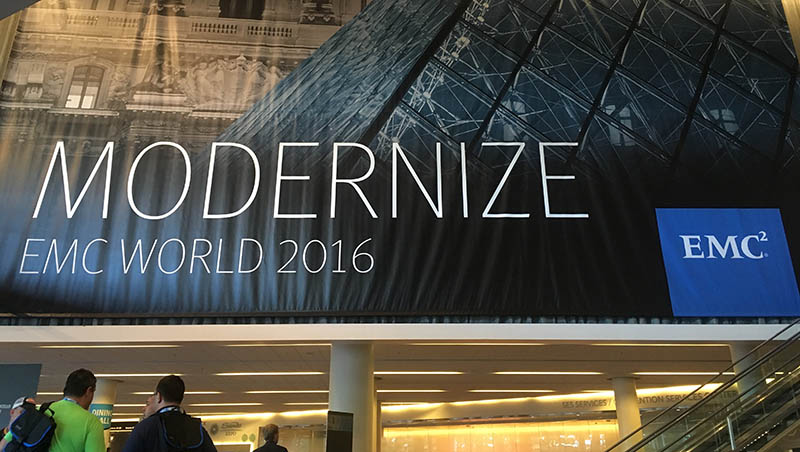 EMC reveals quest to modernise the datacentre at EMC World 2016
EMC reveals quest to modernise the datacentre at EMC World 2016News IT must get most out of existing investments while upgrading, says EMC
By Jane McCallion
-
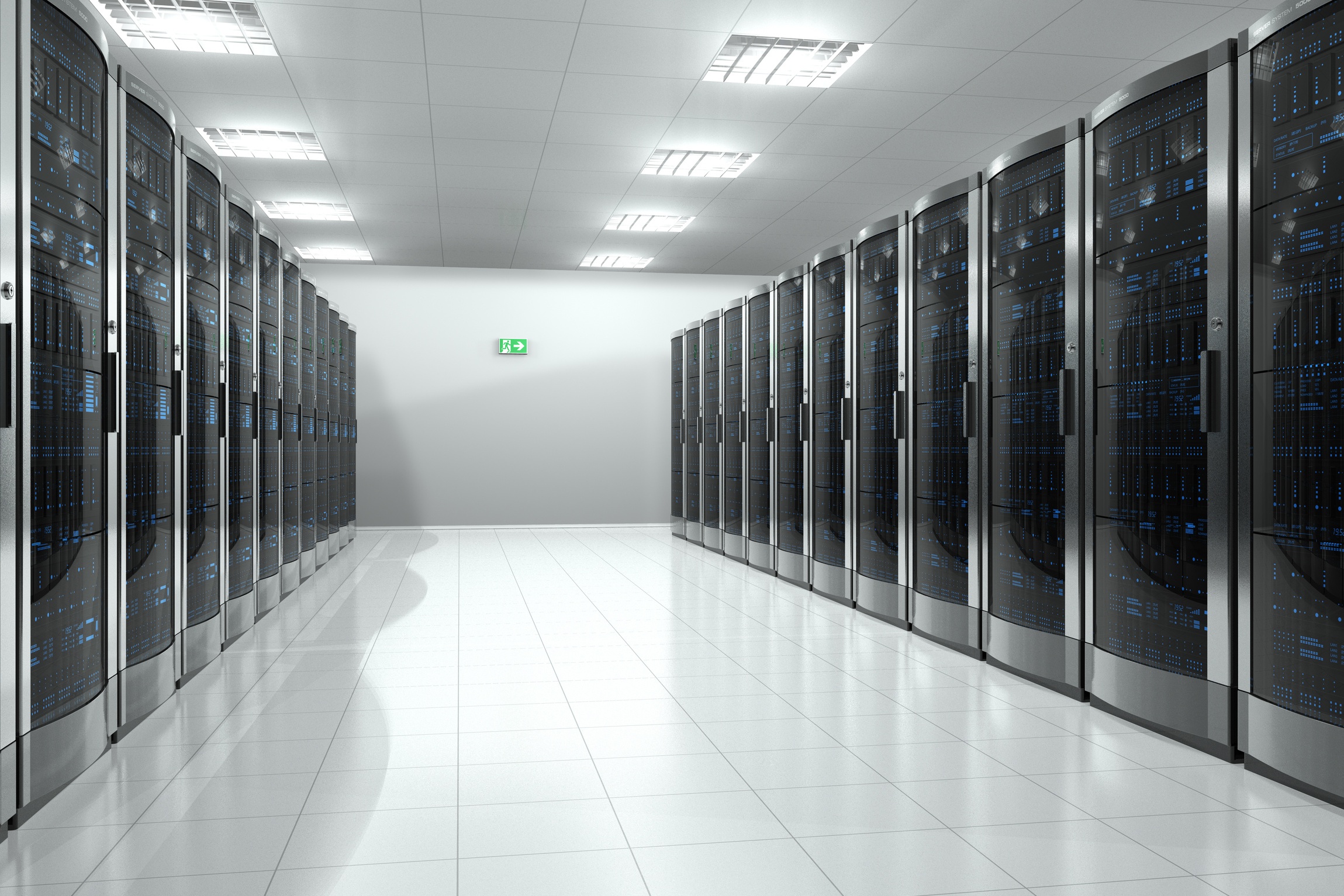 EMC open sources more storage software
EMC open sources more storage softwareNews RackHD project aims to make managing storage much easier
By Rene Millman
-
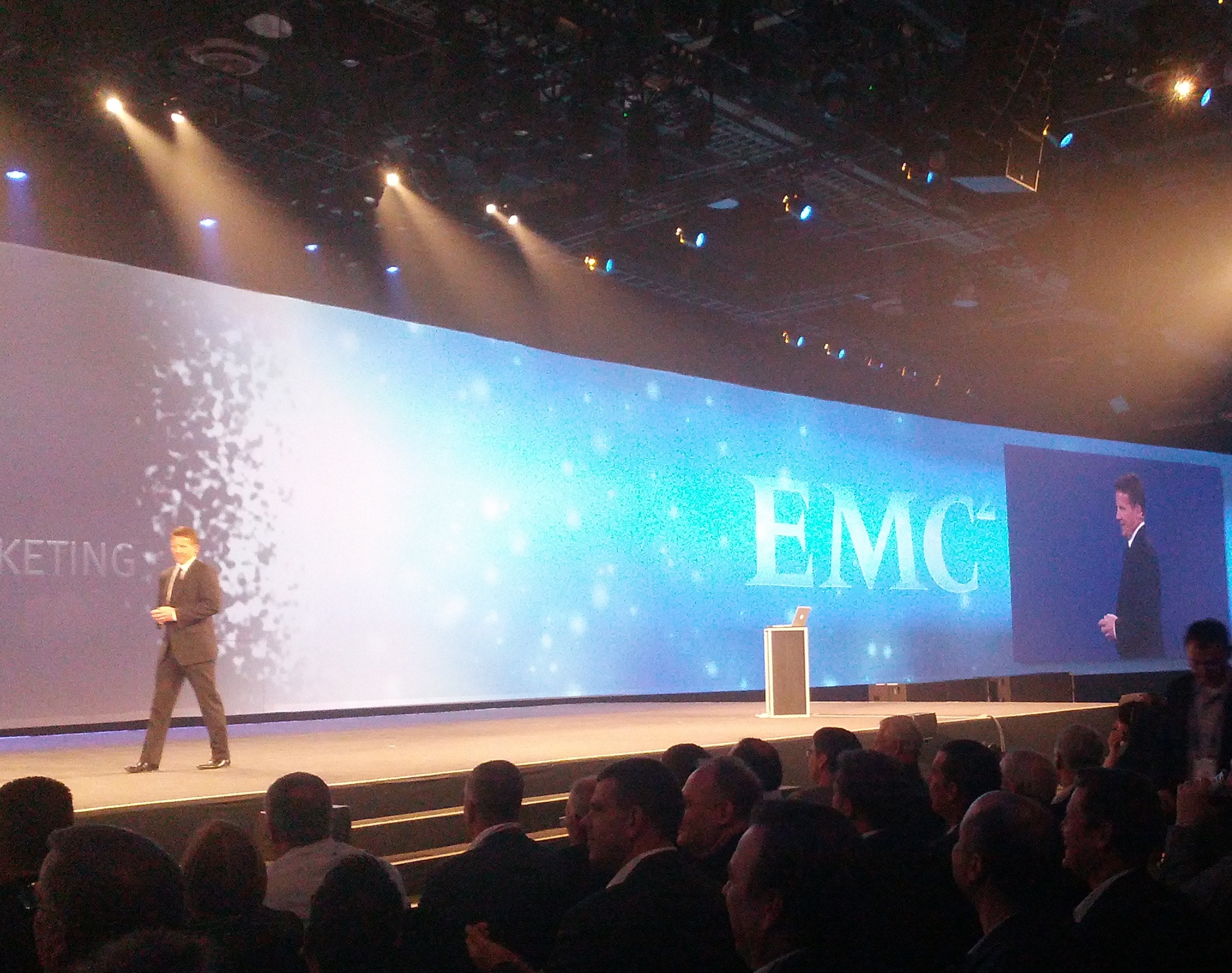 EMC makes software-defined ViPR open source
EMC makes software-defined ViPR open sourceNews Project CoprHD is being released to the dev community via GitHub
By Rene Millman
-
 Software-defined storage could lose your data, warns HDS
Software-defined storage could lose your data, warns HDSNews Hitachi Connect 2015: Why you should be wary of deploying commodity hardware
By Joe Curtis
-
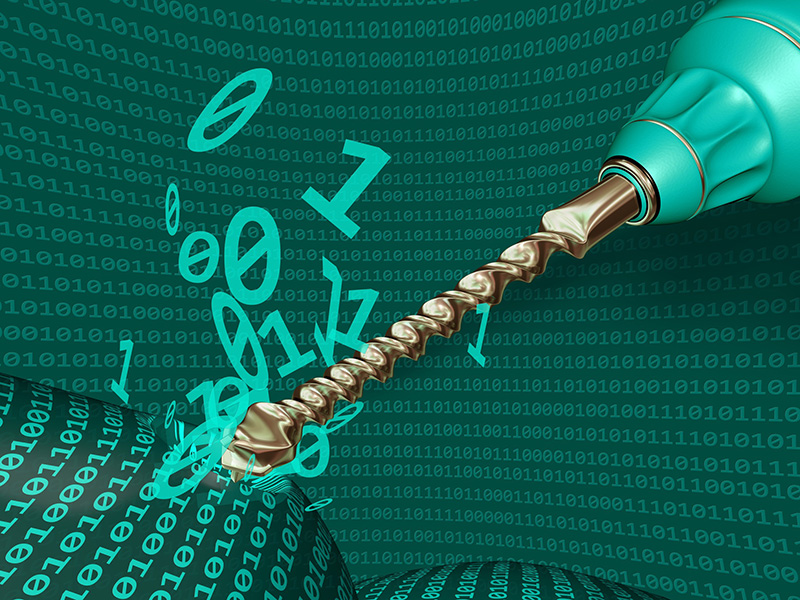 EMC takes aim at Big Data analytics with latest solution
EMC takes aim at Big Data analytics with latest solutionNews The new solution offers sophisticated storage, analysis and insight on key data to aid faster decision making
By Clare Hopping
-
 NHS in "jeopardy" unless patient data access improves
NHS in "jeopardy" unless patient data access improvesNews NHS England's Tim Kelsey says more needs to be done to make access and sharing of patient data easier
By Caroline Donnelly

